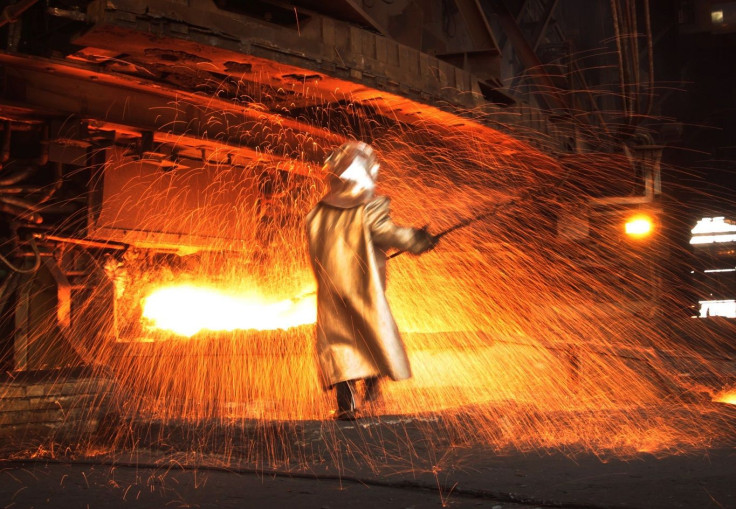Indonesia’s Ore Domestication

For Indonesia, one of the most important reasons why it pushed for the enactment of the unprocessed ore prohibition bill in 2014 is to enhance its local mining industry. Underneath this is a nationalistic desire to improve the lives of its people, especially those who are directly making a living out of mining.
Two presidents would agree: Susilo Bambang Yudhoyono, the former leader who signed the proposed ban into law, and Joko Widodo, the current leader who is adamant that the continuity of the ban is pro-Indonesian, and that it would benefit the country in the long run. In terms of achieving one of its first goals, which is to encourage both local and foreign investors to put money on domestic smelting constructions, it is successful.
Just five months after the announcement of the law, several companies expressed their intention of erecting smelting facilities across the country. The two ferronickel and seven nickel pig iron smelters are a proof that Indonesia can really convince investors that processing ores locally is indeed possible.
Just this month, Indonesian conglomerate Harita Group held a ground-breaking ceremony for a US$320 million-worth [$413 million] nickel smelting facility in Obi Island, South Halmahera district in North Maluku province. The smelter capable of producing 190,000 metric tonnes of ferronickel per year will be constructed in the third quarter of 2015 and expected to be completed in 2017.
On June 15, PT Central Omega Resources Industri Indonesia and Marconing Group from China announced that it will build a 25-hectare nickel smelter construction project in Gandaganda village, Petasia district, North Morowali regency. The ambitious US$412.5 million project capable of producing 100,000 tonnes npi at US$150 million is expected to start operations before this year ends.
The developers also admitted that 90 percent of its processed ore will go straight to steel companies in China, while the other 10 percent will be sold to various Indonesian steel producers. This also suggests that Indonesia, by 2016, as opposed to its original plan of total domestication, will be willing to help the ailing supply sector by sending processed nickel to China’s growing steel industry.
By this time, newcomers outside the Asia-Pacific region like Amur Minerals Corporation (OTC:AMMCF) might already be supplying a large volume of nickel ore to various companies in China. This will finally satisfy the demand sector, which remains ailing today due to low global supply.
Today, not even the precarious supply segment is helping nickel prices to recover from bear market rallies. Its prices have been shaky since 2015 started, and economists say that the only thing that could save nickel from insignificance is the continuity of the Indonesian ore ban. In that regard, the existence of Amur Minerals and other new producers is a good sign to the global base metals market because it would help in creating a long-term balance in the segment despite Indonesia’s absence. Their future productions can also offset the possible losses from the impending exhaustion of Philippine supply.
Thus, in hindsight, Indonesia’s exit has forced every segment to step up: the Philippines, the up-and-coming producers outside Asia, as well as the local miners in Indonesia. What investors need to hope for now are stronger domestic spot markets, weaker dollar values, more robust global cues and a balance in the supply-and-demand segment. These things may not be enough to make nickel as significant as it was in 2014, but at least, it will help the base metal commodity to maintain its reputation as an important global commodity.
Contact the writer: a.lu@ibtimes.com.au





















